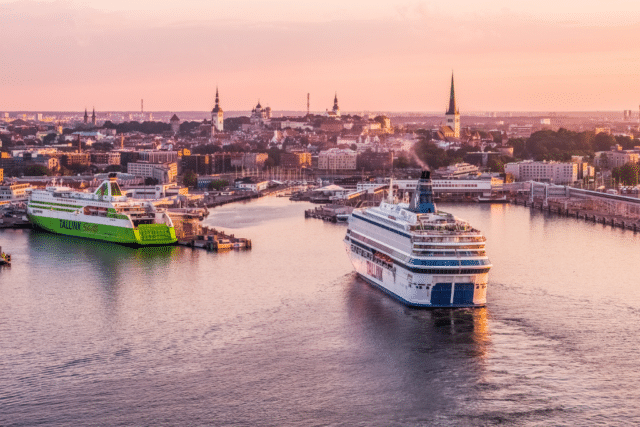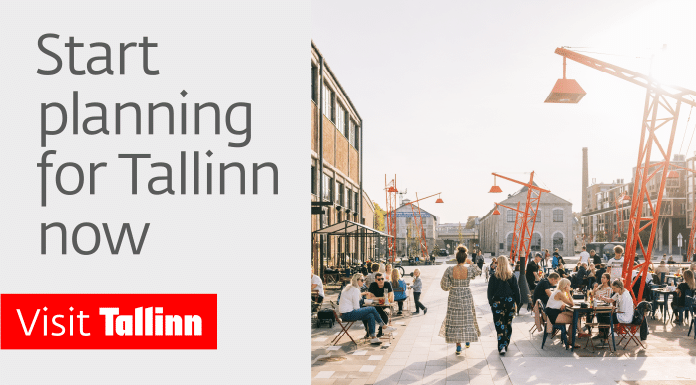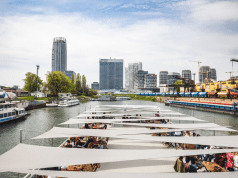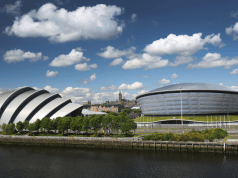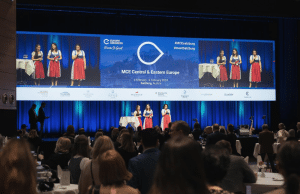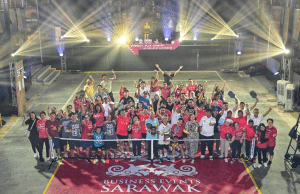Tallinn is focused on environmental sustainability, one of six Factors in the ICF Method defining success for cities and regions in the 21st Century
When Tallinn, Estonia was named the Intelligent Community of the Year in October 2020 by the Intelligent Community Forum (ICF), one factor in its selection was a commitment to environmental sustainability. In May of that year, Tallinn had been shortlisted by the European Commission as one of four finalists for the 2022 European Green Capital Award. The city followed up these achievements by launching a new brand as a Green Global City.
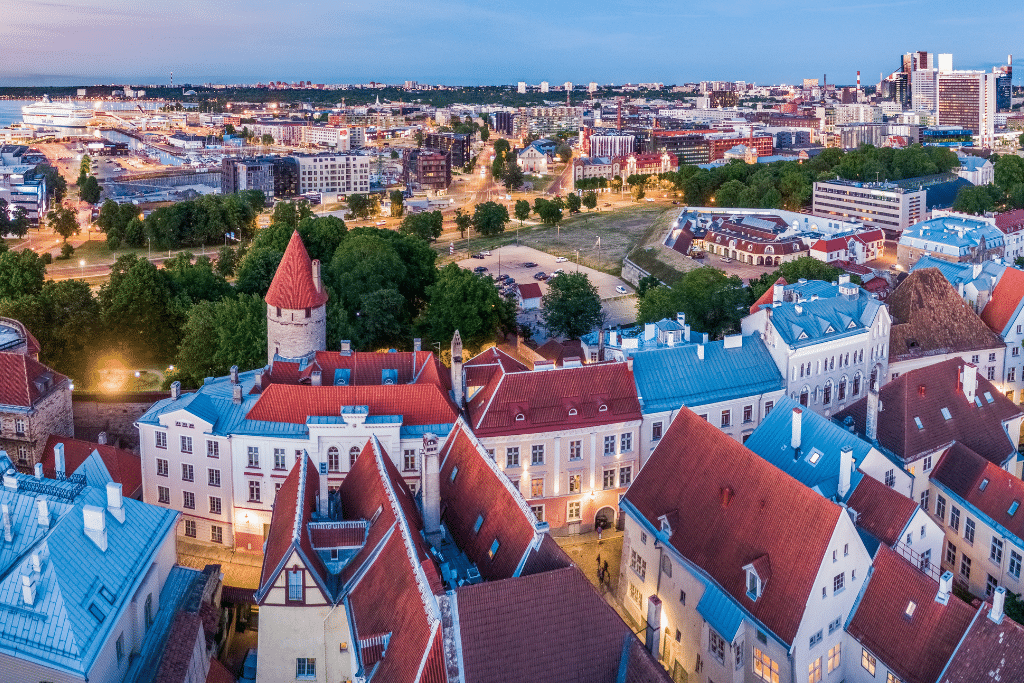
According to Tiit Terik, Chairman of the Tallinn City Council, Tallinn is characterized by excellent digital capabilities that support the city in finding greener solutions. “We are committed to the making city life environmentally sustainable in line with the European Union’s aim of green and digital transformation,” said Tiit Terik. “Every resident of Tallinn will gain from our green initiatives, as our general objective is to become a city with a better environment and a sustainable urban space.”
The four strands of the green transformation in Tallinn are improving the energy efficiency and indoor climate of buildings; reducing carbon emissions including by incentivizing people to choose means of mobility other than cars; preserving and increasing biological diversity in the city; and creating a circular economy that spans a reduction in the generation of waste, a more sustainable and efficient use of natural resources, recycling and reuse. In order to implement this vision, Tallinn is drawing up three action plans: on climate, on mobility and on the circular economy.
The city blueprint on the circular economy will be informed by the OECD’s scoreboard on the governance of the circular economy in co-operation with the OECD. Tallinn’s plans in mobility include a pilot project testing mobility as a service (MaaS) by integrating different means of mobility into an interconnected system of city transport. The pilot involves using self-driving buses in the Peetri suburb of Tallinn.
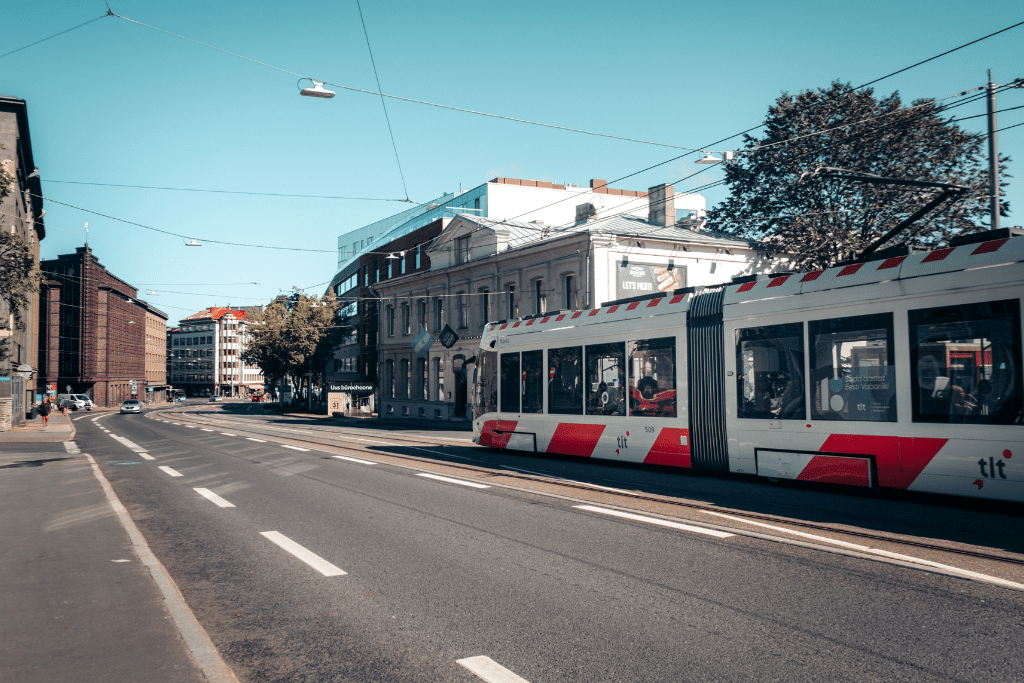
The ICF Method is a development framework for growing the economy, society and culture of a city or region amid the intense disruption of the digital age, based on research into hundreds of communities around the world. It focuses on six Factors: connectivity, the creation of a knowledge-rich workforce, innovation, community engagement, digital inclusion and sustainability. Pursuing progress in all these areas, Intelligent Communities find inclusive prosperity, social health and cultural richness.


